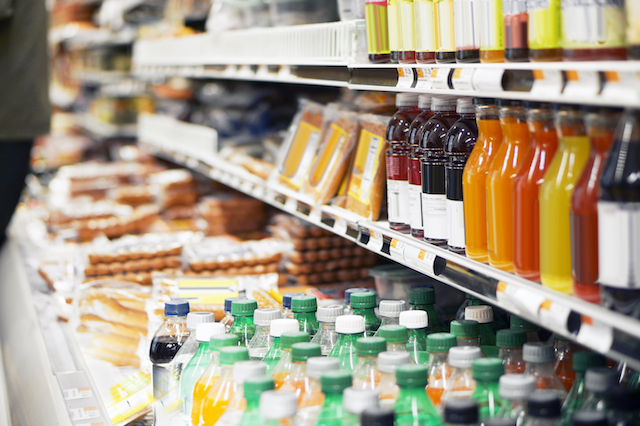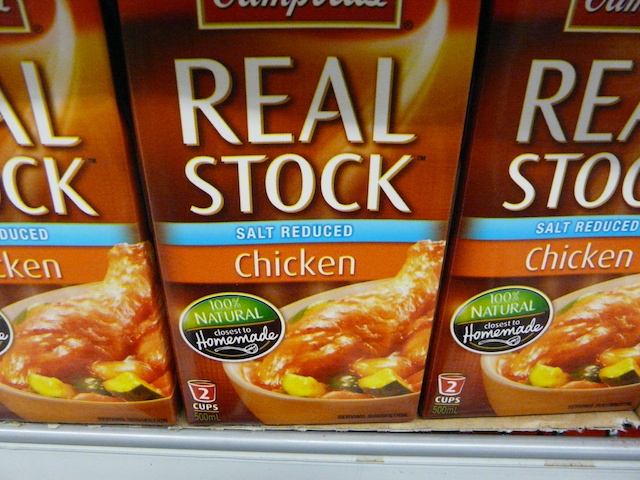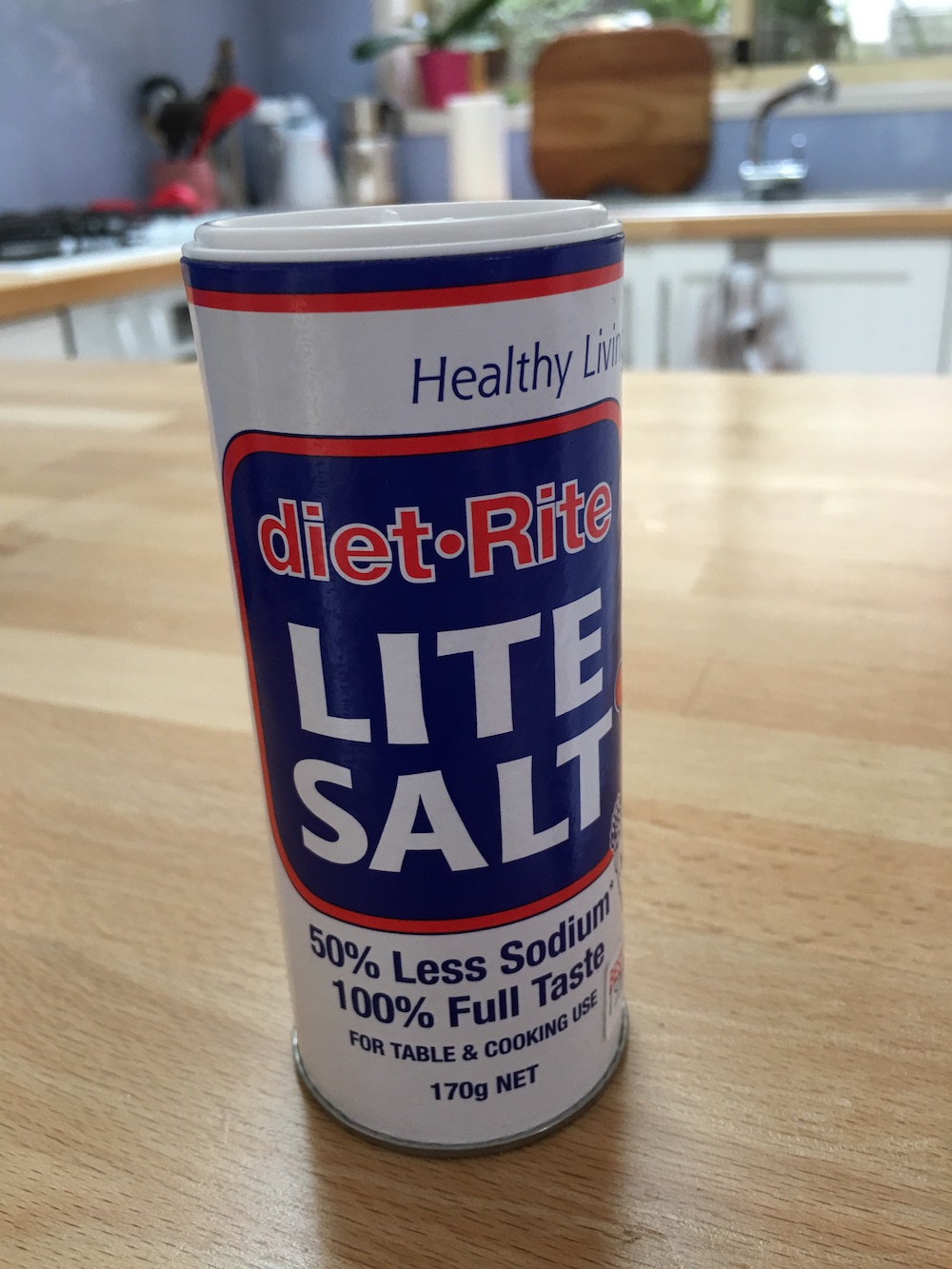Eat to beat high blood pressure

Blood pressure is known to rise as we grow older. However, high blood pressure (medically known as hypertension) is a silent condition that can go undetected for years until it suddenly causes a stroke, heart attack or kidney damage. This is why if your doctor notices that you have high blood pressure at a routine check-up they will take action.
Today, researchers believe that high blood pressure need not happen if we make relatively small changes to our everyday eating and overall lifestyle. Here are the things you can and can’t change so you can avoid this awful outcome.
What causes high blood pressure?
Medical scientists attribute the development of high blood pressure to a combination of your genetic predisposition PLUS seven lifestyle factors. If your parents had high blood pressure or suffered an early heart attack or stroke, then you are a likely candidate for high blood pressure yourself. However, having one or more of these factors will speed up the mechanisms that cause blood pressure to rise:
- Being overweight - extra kilos force the heart to pump harder.
- Smoking – it causes a temporary increase in blood pressure and hardens artery walls.
- Being sedentary - lack of regular exercise and moving less is a cause. Think of exercise as part of your treatment.
- Excess alcohol - responsible for about one in ten blood pressure cases.
- Too much salt (salt is known chemically as sodium chloride) - it’s the sodium part that’s the culprit which puts an added strain on the blood via fluid retention.
- Lack of potassium, a complementary mineral to sodium, that can protect against its harmful effects. Potassium can be found in natural, unsalted foods such as vegetables, dried and fresh fruit, whole grains, lean meats, fish and nuts.
- Stress - but this can be ameliorated by relaxation techniques such as meditation or Tai Chi, which will also help you sleep better.
Salt-free rice diet
During the 1940s, a salt-free, rice-based diet called the Kempner Rice Diet became famous as a way of lowering high blood pressure. The diet, a Spartan regime of only unsalted boiled rice plus fruit and juices, was successful in about 70 per cent of cases. Devised by Dr Walter Kempner, it was used before the advent of medications for high blood pressure.
Not all cases of high blood pressure improve when salt is eliminated (for reasons nutritionists do not fully understand). When it does work, it’s a valuable aid in the treatment of high blood pressure. Used in conjunction with meds such as Angiotensin-Converting-Enzyme inhibitors (ACE inhibitors) which cause a relaxation of blood vessels; and calcium-channel-blockers which keep calcium from entering the muscle cells of your heart and blood vessels; it allows blood vessels to relax.
In cases of mild hypertension, reducing salt can lead to a reduction in medication, with a consequent reduction in unpleasant side effects such as fatigue, rash, dry cough and loss of the ability to taste.
Avoiding ALL salt also helps sufferers of Meniere’s Disease and the terrible vertigo attacks they endure.
What is blood pressure?
Blood pressure is a measure of the heart's force when pumping blood through the arteries. It is highest when the heart contracts (called the systolic measurement, around 120 millilitres of mercury in a healthy adult) and lowest when the heart relaxes (called the diastolic, at around 80 millilitres). This is expressed as a normal blood pressure of 120/80.
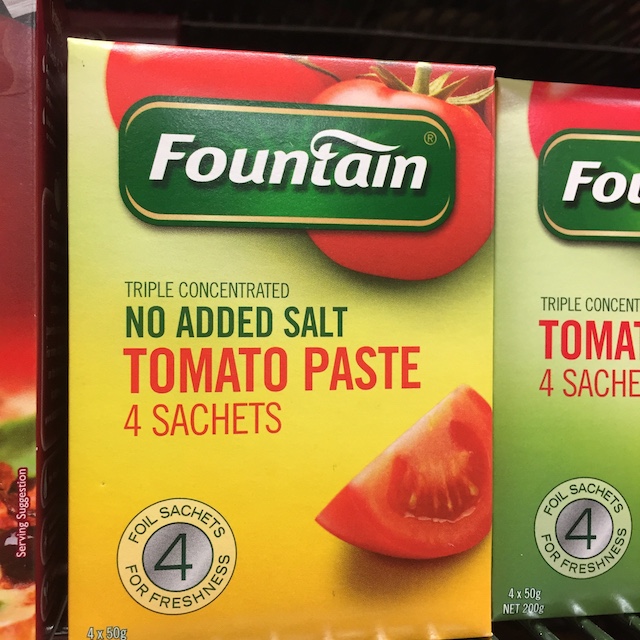
Cutting down on salt
Salt is a hotly debated issue, as not everyone is 'sensitive' to the effect of salt on blood pressure. Keeping salt intake down won’t cure high blood pressure, but it will help to keep it under control (perhaps reducing the need for medication) and prevent the gradual rise in blood pressure that tends to come with age.
Trials of strict salt-free diets have been shown to effectively control high blood pressure and even reduce the quantities of drugs required to control the condition in many cases, thereby minimising the likelihood of side-effects.
However, try these self-help measures suggested below first if you have only a mild case of hypertension.
Shake the salt habit
- Cut out salt in cooking and at the table. Taste your food first – it may well not need any salt. However, this will only reduce your total sodium intake by around 15 per cent, because about 75 per cent of the salt we ingest comes from ready-made foods and another 10 per cent occurs naturally in foods such as celery, silverbeet, milk and meat.
- Reduce your intake of salty ingredients like anchovies, yeast spread, and olives.
- Ditch deli meats such as salami, ham, bacon, corned beef, sausages and frankfurts.
- Say “No” to salted snacks such as potato crisps, corn chips and cheese packet snacks e.g. Cheezels.
- Be wary of soy sauce, fish sauce and other salty Asian sauces, meat seasonings and meat marinades.
- Be mindful of blue-vein, Parmesan, fetta and tasty cheeses as well as cheese spreads.
- Steer clear of take-away foods including meat pies, sausage rolls, pizza, spring rolls, Chinese, Japanese and Lebanese dishes.
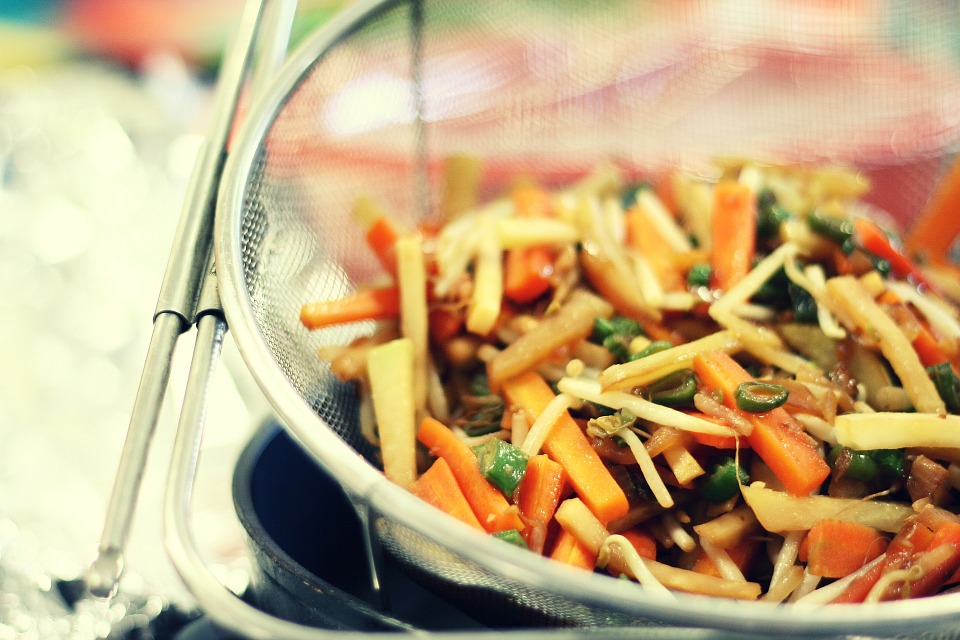
Eat these foods instead
- Foods labelled "No added salt" and "Salt-reduced" from your supermarket. There are now many alternatives to the regular (high-salt) versions available including breakfast cereals, peanut butter, canned vegetables, canned salmon and tuna, butter, margarine, bread, cracker biscuits and sauces. Many are sold as "light" or "lite" products.
- Use herbs, spices, chilli, pure curry powder, garlic, onion and wine to flavour your cooking instead of salt.
- Use black peppercorns, pepper blends or lemon juices for seasoning at the table.
- Serve home-made popcorn and unsalted nuts.
DASH Diets
Many forms of the DASH diet – short for Dietary Approaches to Stop Hypertension - are rich in vegetables, fruit, low-fat dairy, nuts and whole grains but with little ‘bad’ fat.
This diet also includes fish (for their omega-3s which also work to lower blood pressure) and has successfully lowered blood pressure in people with hypertension. What you cut out is sweets, sugar-containing drinks and 'junk food'.
Why does it work?
Nutritionists feel that there are four good reasons behind the success of DASH. It:
- gives you lots of minerals – potassium, calcium and magnesium – which seem to protect against salt’s damaging effect.
- is high in fibre.
- helps you shed weight, which in turn decreases blood pressure.
- is low in salt.
Things I’m often asked
How long does it take?
The secret to weaning yourself off salt is to do it gradually and allow your palate time to adjust. After two or three weeks, you will slowly notice the natural subtle flavours of foods which are no longer overpowered by the taste of salt.
Can I use a salt substitute?
Salt substitutes can help during the first weeks if you really miss the taste of salt. Most are based on potassium chloride which is beneficial but you will find you need them less and less as your taste buds adapt. A warning for people with medical conditions, however, is that excess potassium can cause heart irregularities. If this is you, check with your doctor before using a salt substitute.
Can’t I swap to sea salt and rock salt?
Rock salt, sea salt and celery salt are almost as high in sodium as ordinary table salt. They look ‘natural’ but do nothing to help train your palate away from saltiness.
What about my baby?
Do not add salt to the food you give your baby or young children because their kidneys have a limited capacity to remove excess salt. Commercial baby food today is made with no added salt. It is also best not to train them to use salt when there really is no need to add it.
The bottom line
There is a LOT you can do to dramatically lower your chances of having hypertension later in life. Start today. Just start with ONE step and you’ll be healthier and happier.
Further help
- For details of the DASH diet, go to http://dashdiet.org
- Salt Skip is a non-profit community organisation which aims to help Australians eat a healthy diet without salt. It is now run by the Menzies Health Foundation in Tasmania. Find out more at http://salt-matters.org/wp/skipping-salt/
- Shop for low salt (sodium) foods at sites such as https://www.lowsodiumfoods.com.au/
A salt-free meal plan
Breakfast
Fresh fruit, diced
Cereal with no added salt (Puffed Wheats, Mini-Wheats, muesli) or bowl of hot rolled oats
Low-salt wholemeal toast with salt-reduced butter or margarine
Egg, boiled or poached
Peanut butter (no-added-salt), jam, honey or marmalade
Tea or coffee
Lunch
Home-made vegetable or chicken soup
Toasted low-salt wholemeal bread with baked beans (reduced-salt) or canned salmon or tuna (no-added salt)
or
Large jacket potato topped with sour cream and fresh dill
Carton of strawberry yoghurt
Juice, mineral or soda water, iced water, tea or coffee
Dinner
Meat, chicken or fish cooked without salty sauces
Potato, pasta or rice
Large serve of vegetables or salad with salt-free dressing
Wedge of paw-paw or rockmelon with ice-cream or yoghurt
Between meals
Fresh or dried fruit
Dried fruit and unsalted nut mix
Rice cakes or Mini-Wheats
Unsalted Vita-Weet or Ry-vita biscuits with ricotta cheese or peanut butter (no-added-salt)
Raisin toast spread with unsalted butter
